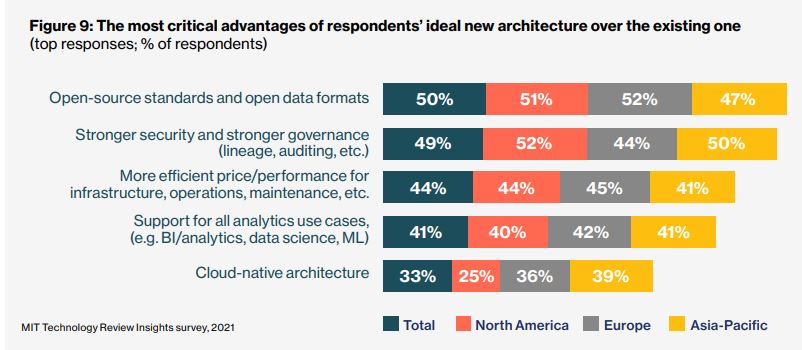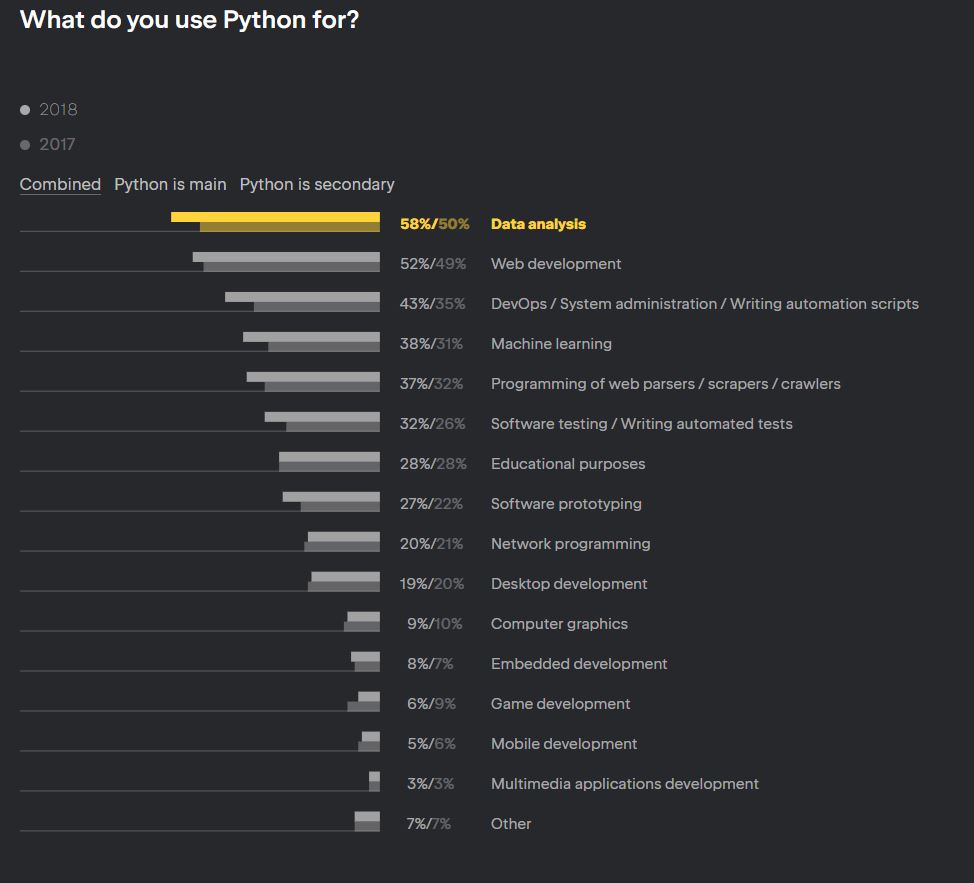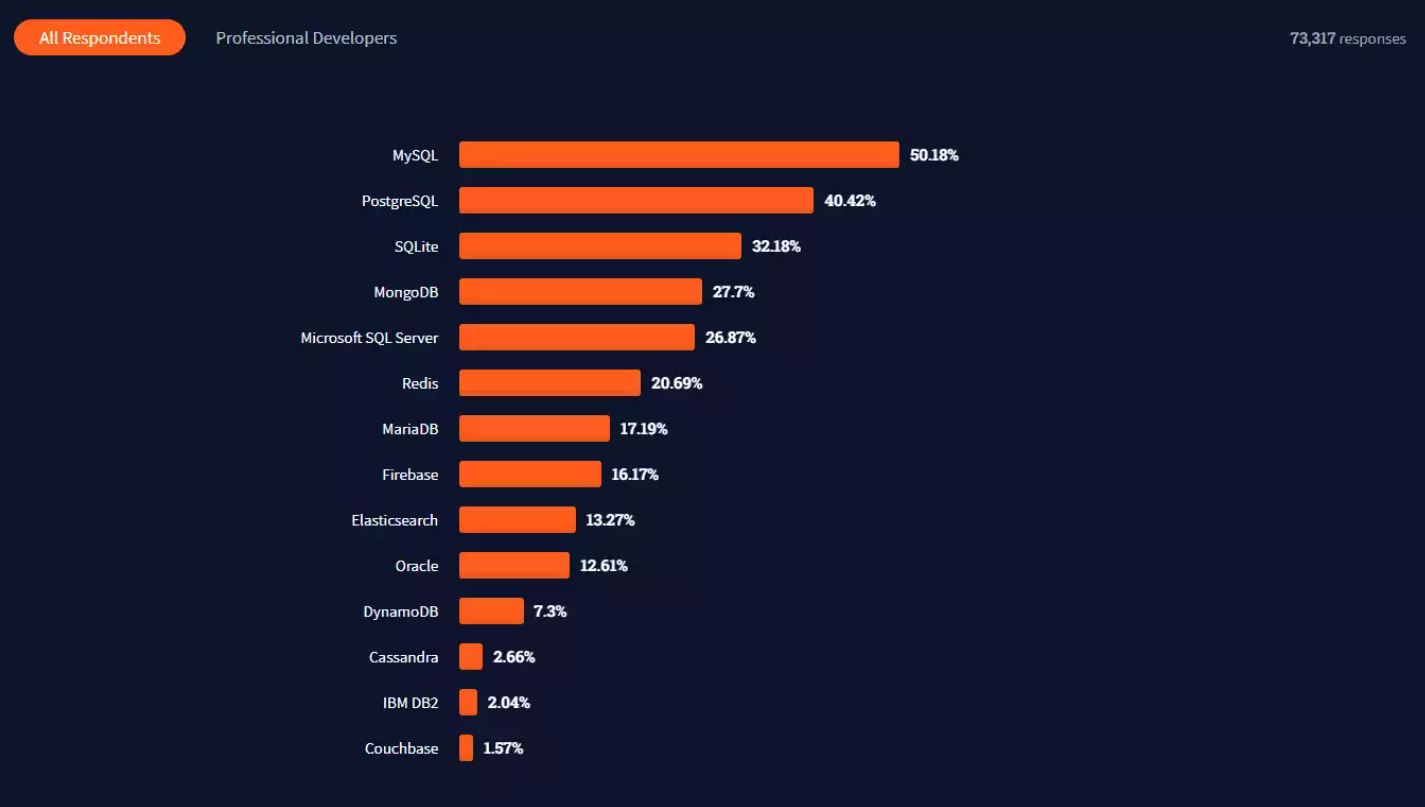The terms data scientist, data engineer, and data architect are often used interchangeably, but each is different. Even though all the above-mentioned occupations deal with big data, analytics, and databases, the roles and responsibilities are quite different.
Most data-driven organizations have teams of data professionals, including all three mentioned above. While most of the limelight is stolen by data scientists and engineers, data architects also play a vital role in realizing a company’s business goals. For data engineers and scientists to work effectively, they must have a skilled professional to perform data architecture duties.
Data architecture is a framework for how a robust IT infrastructure supports the data strategy of a large organization. It establishes the guidelines for storing and accessing data, serving as the basis for data processing processes and applications of artificial intelligence (AI). Data architecture is a set of rules, models, policies, and standards that define how data is gathered, organized, integrated, and used in data systems for an enterprise.
Sol Rashidi, chief analytics officer at The Estée Lauder Companies, says,
“Architectures have gotten really complicated, but only because we tend to over-complicate them. We do this because we lose sight of what matters most. We too often bring in the latest and greatest in technology and platforms, thinking they will solve the problem. But unless the business is ready to leverage the tools, has the maturity to extract the insights, and processes and logic are agreed upon, we’re only adding to the spaghetti architecture.”
Who Are Data Architects and What Do They Do?
Data architects are IT professionals responsible for developing rules, procedures, policies, models, and technologies to gather, store and organize information. A data architect envisions and develops a framework for the data management system of an organization that is consistent with a company’s business goals and strategies.
They are in charge of creating and maintaining an organization’s corporate data architecture as senior-level IT specialists. According to a report by Zippia, 27% of data scientists work for Fortune 500 companies like Amazon, Apple, Walmart, and Alphabet.
In this rapidly evolving world, corporations are always looking for ways to improve their existing data architecture, making data architects necessary. An MIT study found more than half of companies that reformed their data architecture and framework saw improvements in their open source data formats, better security, and better support for analytics use cases. The below figure shows the benefits of data architecture in detail.

Source: MIT
Most In Demand Data Architecture Skills
Data architects are highly skilled professionals with a broad range of programming languages and technology proficiency. They also need to be excellent communicators with acute business knowledge. Data architects need to pay close attention to detail because coding and programming errors can cost a company millions of dollars to fix. They must also have excellent verbal and written communication abilities and smart business acumen.
Here are the most in-demand skills for data architects.
-
Coding/ Programming
Data architecture is a data-intensive field, but architects must also be proficient in computer skills like coding and a robust understanding of multiple programming languages such as Java and C/ C++. However, lately, Python is making huge strides in the field of data science and is becoming the most popular programming language for data architects, scientists, and engineers.
A report by Jet Brains found that data analysis is becoming the most popular application for Python users, overtaking web development. The below infographic shows the leading applications of Python.

Source: Jet Brains
Another United States Data Science Institute study found that Python is the second most popular language, with a yearly growth rate of 17.6%. Naturally, aspiring data architects must educate themselves and become experts in programming languages, most importantly, Python.
-
Data Mining and Modeling (ERWin, Enterprise Architect, and Visio)
Data mining is identifying patterns and extracting information from big data sets using techniques combining machine learning, statistics, and database systems. It allows businesses to solve complex problems through data analysis using tools such as Knime, RapidMiner Studio, and IBM SPSS Modeler.
Meanwhile, Data modeling describes and evaluates the various types of data that a company produces and collects, as well as the connections between those data points. In order to express links between data points and structures, it is also possible to describe it as the process of developing a visual representation of an entire information system or just a portion of one.
An ideal data architect must have hands-on experience and knowledge of data modeling tools like ERWin, Enterprise Architect, PgModeler, and Visio.
-
Machine Learning
Machine Learning is arguably one of the most in-demand data architecture skills in today’s market. Besides data architecture, machine learning is crucial for other data professionals like data scientists and engineers. Countless machine learning and AI-based projects are underway, and they require a constant supply of skilled data architects.
The architecture must withstand any restrictions, substitute requirements, or other constraints that data architects might encounter. Only the most qualified and experienced AI professionals would be able to make these extremely specialized decisions.
-
Applied Mathematics and Statistics
Applied mathematics and statistics focus on applying mathematical methods and logic to real-world problems of decision-making in various disciplines, including business and data science. A good data architect must apply mathematical and statistical methodologies to get the best results in a data-driven environment.
-
Proficiency in Operating Systems like UNIX, Linux, Ubuntu, Solaris, and MS Windows
A skillful data architect must be able to perform complicated tasks on multiple operating systems like MS Windows and UNIX. Ubuntu is another well-known OS gaining popularity among data architect candidates globally. Still, most data architects and other data professionals prefer using open-source operating systems like Linux.
-
Application Server Software
Application servers provide a range of services and a framework for creating and deploying web applications while running web applications and complex data science operations. These services include security, transactions, database management, performance-improving clustering, and diagnostic tools. Application servers are used by developers and data architects who want to build applications quickly and have the server environment where they are deployed support them.
-
RDMSs (Relational Database Management Systems)
A relational database management system (RDBMS) is a software that enables a user to create, update, and administer a relational database and connects related data elements. Most commercial relational database management systems (RDBMSes) use Structured Query Language (SQL) to access the databases, which are stored as tables in RDBMSes. However, SQL is not required for RDBMS use because it was created after the relational model was developed earlier.
Modern data architects use SQL and NoSQL database management systems for their day-to-day operations. MySQL, MariaDB, Oracle, and PostgreSQL are the most well-known SQL databases, while MongoDB, Redis, and Cassandra are the leading NoSQL relational databases. The below figure shows the most preferred RDMSs by data professionals and developers.

Source: Stack Overflow
-
Hadoop technologies, like MapReduce, Pig, and Hive
Apache Hadoop is an open-source framework that stores and handles large datasets with petabytes of data quickly and effectively. Hadoop enables clustering of many computers to examine big datasets in parallel more quickly than a single powerful machine for solving complex data problems, data storage, and processing.
Hadoop makes it simpler to use cluster computers’ entire storage and processing capacity and conduct distributed processes on very large data volumes. Hadoop is essential for data architects since various services and applications may be built using its many applications.
MapReduce, Pig, Hive, Spark, and Presto are some of the notable applications of Hadoop, and companies expect a data architect to be an expert in at least one of them.
Closing Words
Besides these technical skills, a good data architect must be competent in interpersonal skills and have communication abilities. Data architects must be innovative problem-solvers willing to invent new solutions, adapt to changing technologies, and have a depth and breadth of knowledge in the industry.
Data architects must be capable of leading team members, including data modelers, data engineers, and database administrators, because they are frequently senior officials on a project. Additionally, they must be able to explain solutions to colleagues who lack technical expertise.
Contact Benchpoint, a healthtech recruitment agency, for more information about how you can land your dream job. We specialize in the recruitment of data professionals like data scientists, engineers, and architects.
